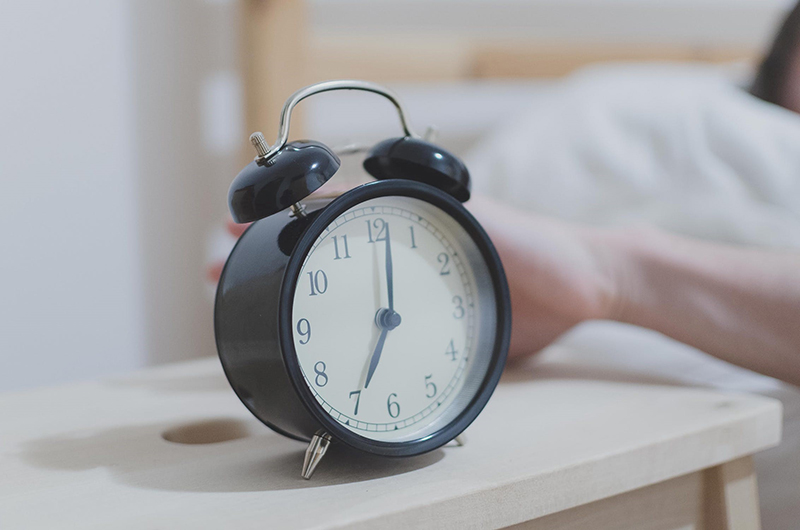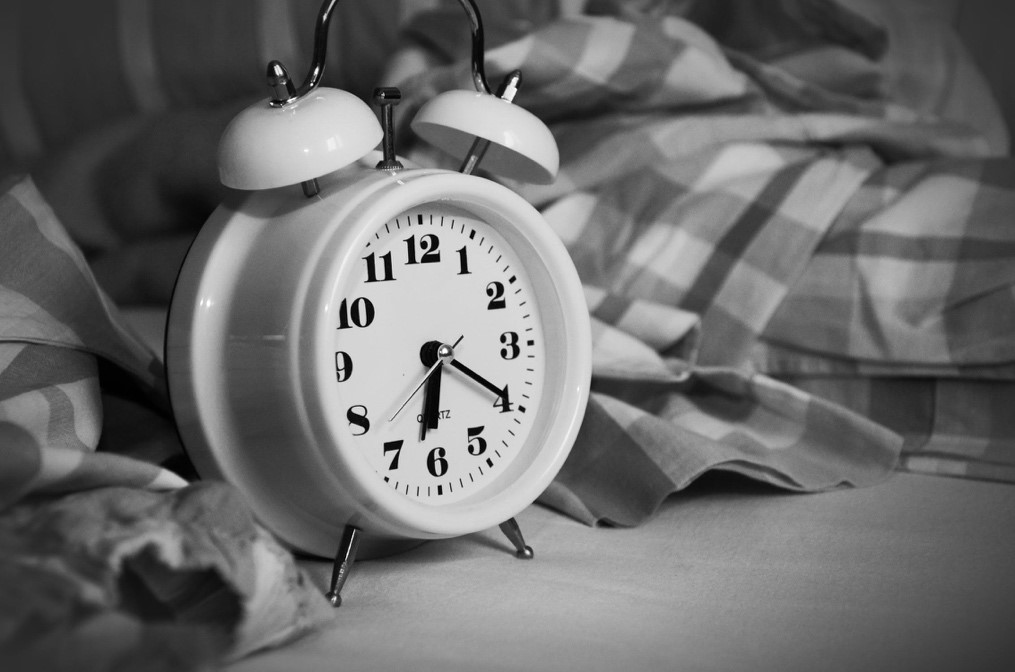Work is good, even shift work. Nurses, doctors, firefighters, police officers, pilots, highway workers, commercial drivers, factory workers, retail stock clerks and merchandisers, and customer service representatives are among those in the workforce that might not follow traditional business day work schedules. These workers are likely to develop a shift work sleep disorder or circadian rhythm sleep disorder.
The brain’s internal clock produces circadian rhythms that influence a variety of body functions over a 24-hour period. One function is to tell the body when it is time to go to sleep and when it is time to wake up. A shift worker’s schedule is usually contrary to the body’s natural sleep/wake schedule that calls for sleeping at night and being alert during the day. The struggle to be alert when the body’s clock says to sleep and then to be asleep when it says to be awake, results in the inability to experience quality sleep. When that happens, all aspects of a person’s life are affected.
- Because the worker’s day involves a schedule that is not in sync with family members and others, he or she often feels a disconnect, a feeling of being “out of the loop”.
- It is often times difficult to keep track of responsibilities and events because of difficulties with concentration.
- Reaction time and energy levels may be adversely affected.
- A lack of focus may make accident, injury, and mistake risks higher.
- Irritability and depression may occur.
- The risk of developing chronic illnesses increases.
- When there is time to sleep, a person might not be able to do so without difficulty.
- Sleep deprivation experienced by shift workers may develop into sleep disorders such as insomnia, sleep apnea, or narcolepsy.
So what is a shift worker to do? In addition to following good sleep hygiene in general, here are some tips to help a person cope with shift work…
- If you are able to do so, limit the number of consecutive irregular shifts that you work. If it is possible to avoid rotating shifts, do that as well. If rotating shifts are necessary, encourage managers and shift schedules to rotate every two or three days rather than every five to seven days. Also, ask them to develop a schedule that goes from day to evening to night to morning and back to day shift. This clockwise schedule is easier to adjust to as it is more natural than a counterclockwise schedule.
- Eat and drink sensibly. Regular meal times are important. They help signal when it is time to be sleepy.
- Drink caffeinated beverages early in your work shift. Avoid them close to bedtime. Alcohol may seem to help with sleep but it actually does the opposite. Initially, it appears to “improve” a person’s ability to go to sleep. As time passes, alcohol will prove to be a sleep disturbance.
- Shift workers who are not on a rotating schedule should maintain a regular sleep/wake schedule even on days off. Those who are on a rotating schedule should develop and follow a plan to ease into shift schedule changes. All shift workers need to make sleep a priority on non-working days.
- The body’s natural production of melatonin can be helped along by turning on bright lights after waking, working under bright or daylight simulation lights, and wearing dark glasses on daytime commutes from work to home.
- Prepare your sleep environment. Blackout curtains and sleep masks will help keep you in the dark even when it’s sunny outside. In addition to turning off the phone, ear plugs and “white noise” are helpful in maintaining quiet.
- Prepare your family or housemates. Help them understand how shift work affects you. Keep them apprised of your work schedule and your sleep schedule. With this information, they will be better able to take care of household chores, child care, repairs, and deliveries while you are asleep.
If you continue to have difficulties with sleep or suspect that you have a sleep disorder, contact Dr. Nassar at Jacksonville Sleep Center. He will make a diagnosis and devise a treatment plan that will help you get enough quality sleep while you are doing shift work.






